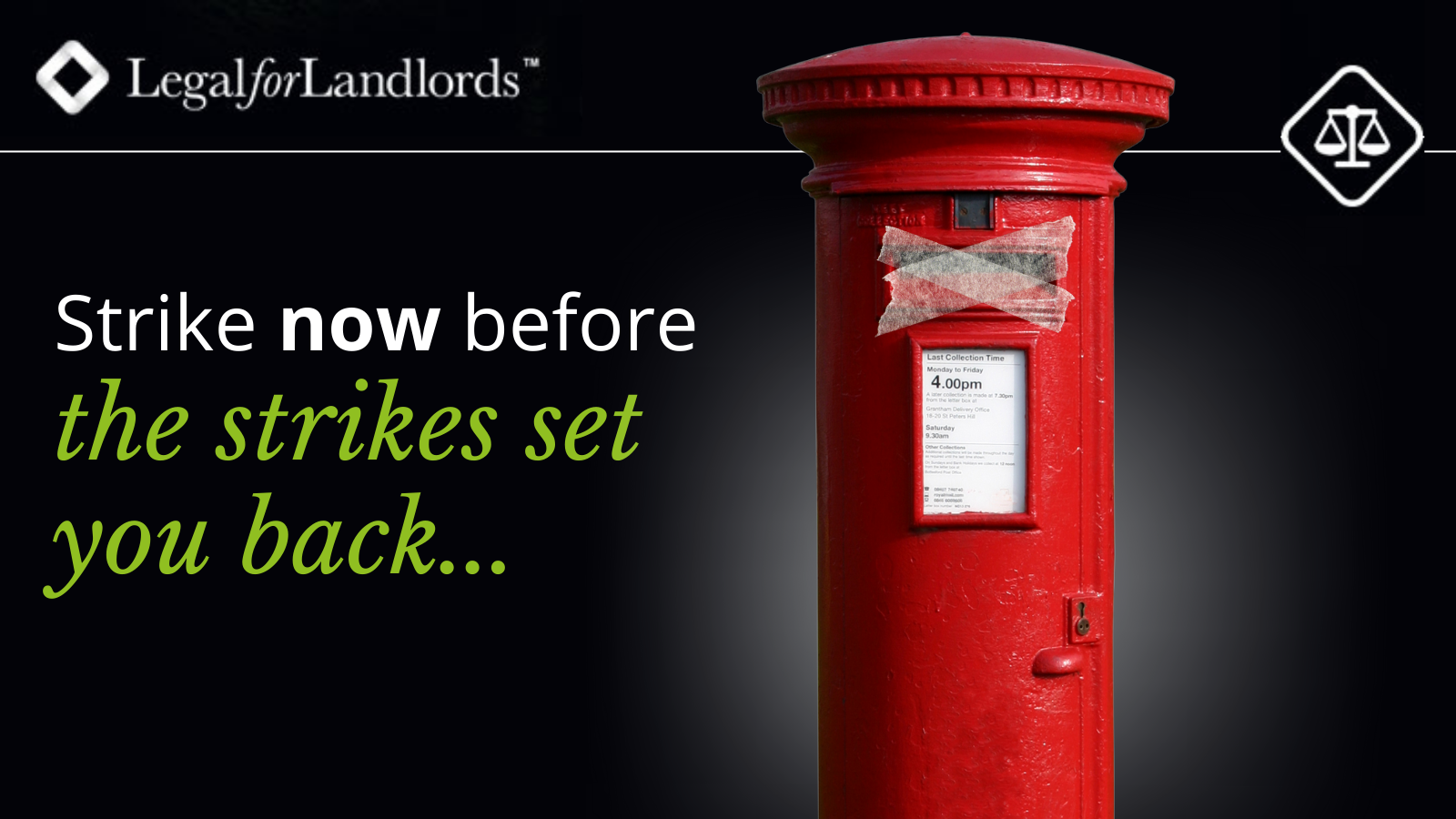Residential Property Prices Up
According to one of the UK’s leading mortgage lenders, residential property prices in the UK rose by more than economists had expected in January putting a halt to the annual decline.
Nationwide say that residential property prices in the UK actually increased by 0.5% in January 2013, a further sign that the two years of static residential property prices and historically low property sales across the UK may soon be coming to an end.
Nationwide have published data that states that the average residential property price in the UK is now £162,245 (GBP).
However, the mainstream mortgage lender has stressed that mortgage loan numbers for First Time Buyers (FTB’s), which account for 40% of all UK mortgage transactions still remain a cause for concern, despite the launch of the government’s mortgage funding initiative, the Funding For Lending Scheme (FLS), which was designed to increase the availability of mortgage borrowing for First Time Buyers (FTB’s) and restore confidence to the residential property market.
There was even more good news for landlords and homeowners as according to the UK Land Registry, residential property prices in England and Wales rose by 1.7% in 2012, the fastest rate for more than two years.
The average price for a residential property rose by 0.8% in December 2012, compared with the previous month, bringing the average price to £162,080 (GBP).
The figures show that residential property prices in London rose 8.4% last year, whilst prices in the North West of England fell by 3.5%.
Clever UK landlords are also making the most of the raft of new Buy To Let mortgage products that are entering the marketplace and some are getting some really great rates.
The data released by the mortgage lender also revealed that the number of residential property repossessions has continued to fall.
In the year to November 2012, the total number of repossessed properties fell by 16%, the largest improvement was in North East of England, where repossessions fell by 35%.
Private Rented Sector (PRS) landlords who made use of Rent Guarantee Insurance after comprehensive tenant referencing has led to a significant decrease in the number of rental properties being repossessed.























Leave a Reply
Want to join the discussion?Feel free to contribute!